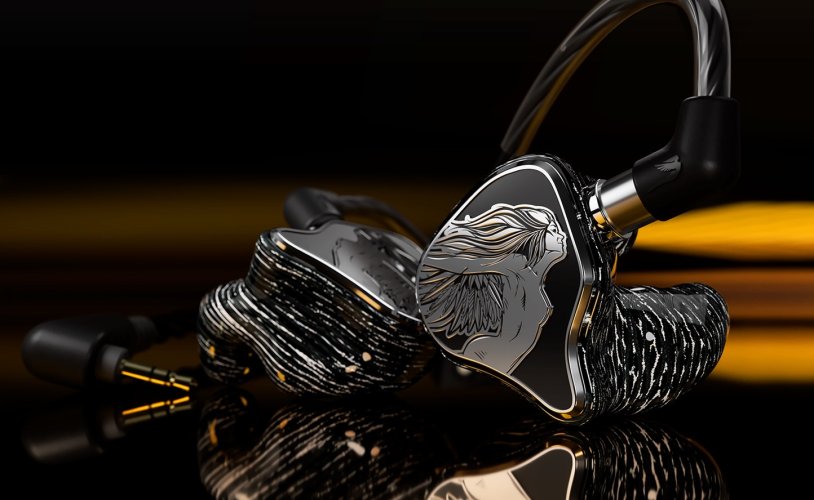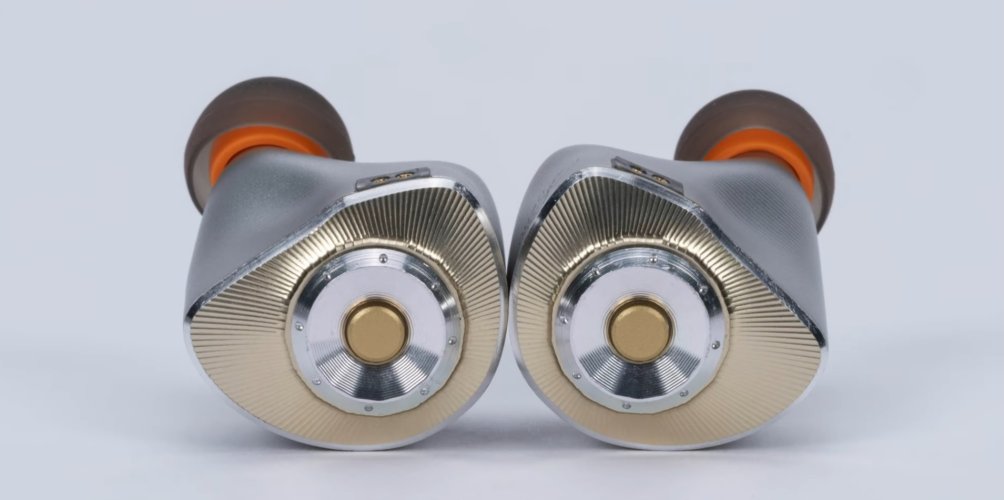Solid state media is built to be incredibly resilient. By the time a standard hits the consumer, issues like error correction relative to storage density and heat are non issues provided you are getting stock from a reptuable producer with stringent QC procedures.I'm not sure this is entirely what is going on. Yes there is degredation over time and you will eventually get bit rot and drop-outs. But I don't think drop-outs are creating the sonic differences when you have two new cards. I think you are getting the compensations the cards go through to stop the drop-outs, which is called error correction. So the less robust cards will have to error correct more often to get their bits out bit-perfectly. Error correction is a more electrically intensive activity than just reading and brings about heat and noise which, if you follow the thousands of pages devoted to this subject over on Computer Audiophile, is transferred to the source. This is evidently what you are hearing that affects the sound coming from the card. There are some super-deep-rabbit hole dudes over on that forum who have been talking about cards, cables, dac chips, routers, etc and how noise can affect them despite being only 1s and 0s for a decade. Worth a look. But warning: you may never come back!
Essentially what you're getting is what you stored. If there are any changes down the line, it's probably some other component in the chain introducing it rather than the storage media.
Given portable devices and the density of the components, heat may be an issue if using for a long enough period (providing the battery lasts long enough, to get it up to the ~65 C limit for micro sd), but not from the get go.



































